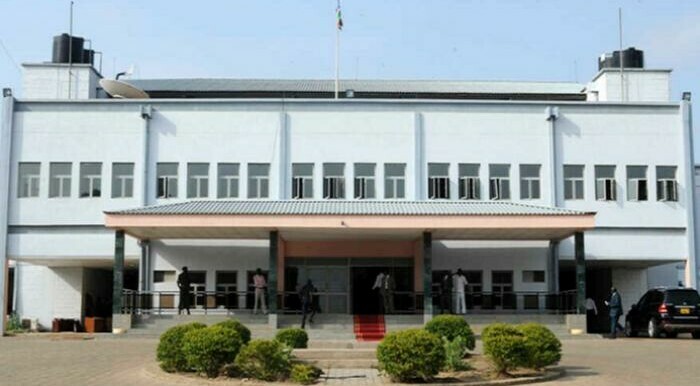South Sudan’s Parliament has passed the Southern Sudan Anti-Corruption Commission Act, 2009 (Amendment) Bill 2023 on Wednesday, granting the commission powers to investigate and prosecute individuals involved in corruption.
This amended bill, pending the president’s assent, aligns with the provisions of the peace agreement and aims to bolster the effectiveness of the Anti-Corruption Commission.
Farouk Gatkout, the Chief Whip of the Sudan People’s Liberation Movement in Opposition (SPLM IO), emphasized the bill’s significance in empowering the Anti-Corruption Commission to combat corruption in South Sudan. He stressed the importance of subjecting commission appointees to parliamentary vetting to ensure qualified individuals hold key positions.
Gatkout highlighted the essential role of strong institutions in nation-building, stating, “To build a nation, we must have strong institutions. Without them, our efforts are in vain. For us to become a nation, we must be a nation of institutions.”
He also noted that the conflict in South Sudan has contributed to the prevalence of corruption.
During the deliberations, lawmakers resolved that the tenure of the chairperson, deputy chairperson, and commission members shall be five years, renewable based on their performance.
Rebecca Joshua Okwachi, the SPLM Chief Whip, emphasized the importance of the term “renewable” as it allows hardworking officials to be reappointed while underperforming individuals can be replaced through accountability.
Okwachi stated, “The word ‘renewable’ is essential because a chair or deputy who serves a five-year term but fails to deliver should not be renewed. However, if they perform well and achieve deliverables, they can be renewed. We should focus on their actions and performance rather than their length of service.”
The bill also stipulates the establishment of special courts designated by the Chief Justice to try cases specified in the legislation.
Ngor Kur Ngor, the head of the South Sudan Anti-Corruption Commission, identified a lack of funding as a significant challenge hindering their work. He revealed that the commission has been unable to pay its office rent for over three years and emphasized the need for parliamentary support by passing the bill to enable the commission to fulfil its mandate.
Ngor stated, “The Anti-Corruption Commission is facing collapse due to lack of funding. We haven’t paid our office rent for three years. We lack many essentials. Our deputy chairperson doesn’t even have a vehicle. We urgently need the passage of this law.”




